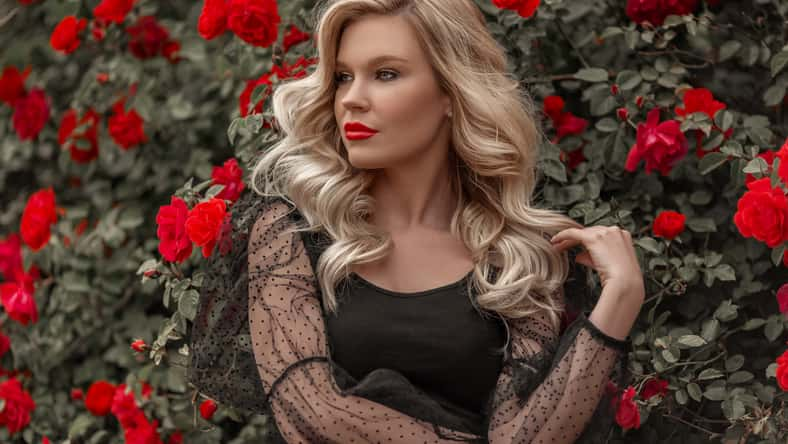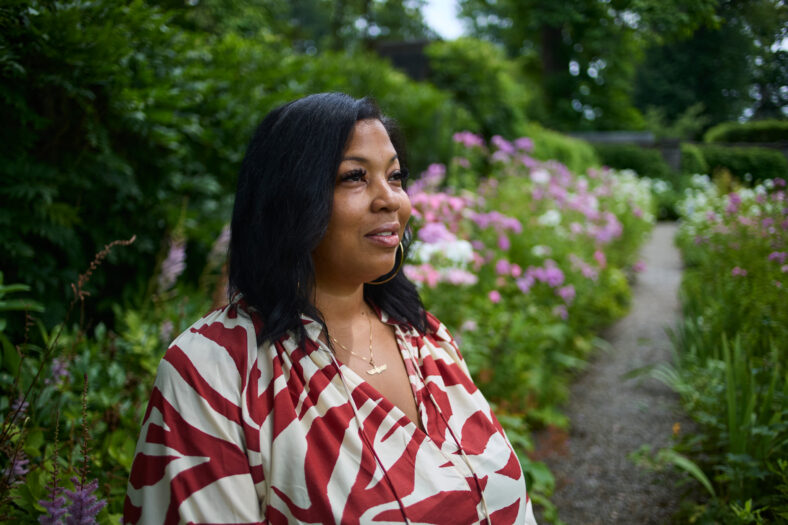7 Unhealthy Relationship Patterns

Are You Concerned That Your Relationship Is Showing Signs Of Unhealthy Patterns?

The following column is the opinion and analysis of the writer. Every single relationship has its ups and downs, but sometimes, the way we handle those challenges becomes a pattern (and not a healthy one).
Maybe you’ve caught yourself constantly apologizing just to keep the peace and walking on eggshells because you’re afraid of setting your partner off. Or, perhaps communication feels more like a battle than a conversation.
Here Are 7 Unhealthy Relationship Patterns

These behaviors can gradually sneak up on you and seem like “normal” parts of a relationship. Yet, over time, they can solidify themselves as bad habits and start to diminish autonomy, confidence, and trust.
Recognizing the patterns isn’t about blaming anyone. It’s about getting honest with yourself and deciding what you’re willing to accept in your relationship. So, here are seven common dynamics that might be doing you more harm than you realize.
1. Communication Is Frequently Framed Negatively

The way couples communicate will either build a stronger bond or break it apart. And if most discussions turn into blame games or include “absolute” phrases, it’s a red flag.
When I say absolute phrases, I mean things like, “You never support me,” or “You always mess things up.” These statements leave no room for growth and make people feel as if they’re constantly falling short.
Plus, instead of focusing on finding a solution together, the conversation has turned into a fight over who’s at fault. This tendency might seem like a harmless defense mechanism, but it usually leaves both people feeling misunderstood and unappreciated.
2. Responsibility For Mistakes Is Always Deflected

Similarly, both people need to be mature enough to own up to their missteps when they choose to enter a relationship. When one partner constantly shifts the blame onto their significant other, their past, or other outside factors, it becomes exhausting.
If you can relate, maybe you’ve found yourself tiptoeing around your partner’s moods and excuses or trying to convince yourself that “things will get better.” The truth is that when accountability is always one-sided, it wrecks respect, trust, and your sense of self-worth.
3. You And Your Partner Are Too Dependent On Each Other

Closeness in a relationship is important, but when you feel like you literally can’t function without your partner, it’s a sign of emotional over-dependence.
You might seek their approval all the time, avoid making any decisions without their input, or even sacrifice your own needs to avoid upsetting them. Additionally, the sheer thought of being alone might send you into an anxiety spiral.
This kind of dynamic can actually feel comforting at first, as if it’s you and your partner against the world. Nonetheless, it can quickly turn into a toxic cycle where your whole identity revolves entirely around your relationship. And it’s hard to feel confident or secure when your sense of self is always tied to someone else.
4. One Partner Dominates Your Relationship

Relationships are supposed to feel like a partnership, not a power imbalance. In some cases, though, one person starts taking control.
They might insist on knowing where you are all the time or get upset when you make plans without them. This jealousy can be disguised as love, similarly to how concern may mask control.
In the long run, you could start feeling like you need to ask for permission just to live your life. Remember that isolation, guilt, and constant monitoring aren’t signs of genuine care. Instead, they suggest your relationship is crossing into unhealthy territory.
5. Boundaries Are Constantly Disregarded

Boundaries exist to protect your well-being and privacy, and they’re respected in healthy relationships. So, if you’ve clearly expressed what makes you uncomfortable and your partner keeps pushing past those limits, it’s a serious problem.
It could be emotional boundaries, like needing alone time to decompress, or even physical ones, such as going through your phone or tracking your location. When your boundaries are continually disregarded, you might start to feel like saying “no” isn’t even an option, and that’s not fair.
6. Conflict Resolution Is Rare

Avoiding conflict altogether can actually be just as harmful as constantly fighting. If you’re always the one who has to swallow your feelings to keep things peaceful or brush issues under the rug to avoid tension, resentment will build quickly.
Maybe you tell yourself that something “isn’t worth the fight,” but keep in mind that problems never just go away. That’s why relationships without real conflict resolution usually rely on silence, playing pretend, or emotional withdrawal, all of which will cause your bond with your partner to weaken.
7. You Act Like Someone You’re Not In Your Own Relationship

Lastly, all close relationships require compromise, but no one should ever have to fundamentally change who they are just to be loved.
Have you adjusted your personality, interests, opinions, or even appearance just to satisfy your partner’s expectations? If so, it’s a sign that something is off.
When you begin hiding parts of yourself because you’re afraid (or know) they won’t be accepted, you can eventually lose touch with what really makes you you. Love isn’t supposed to come at the cost of authenticity, and if you can’t be yourself around your partner, it’s time to ask why.
More About:Advice